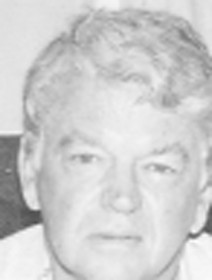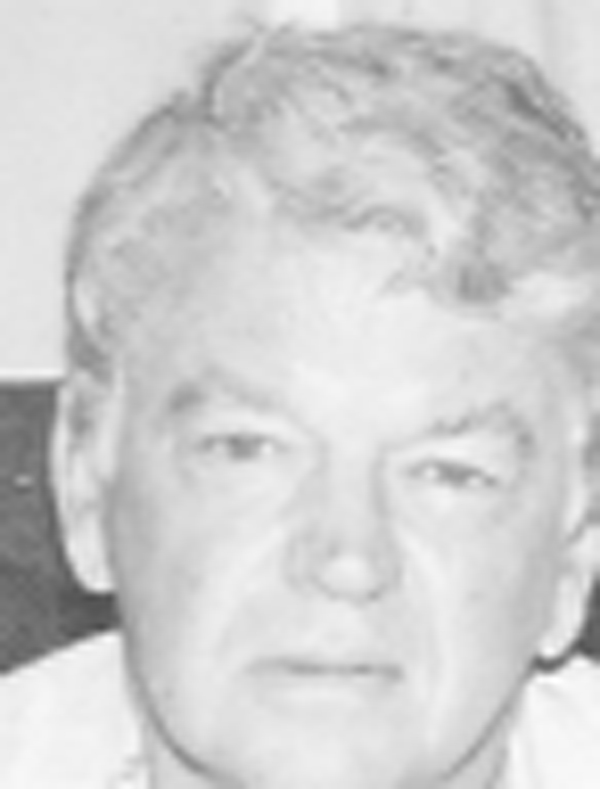Ian On Sunday
A man is murdered, a woman beaten and raped, a child horribly abused, a business robbed, a home terrifyingly invaded. None of these things will reduce national GDP by one jot. A booming economy can accompany a society where increasing crime makes life hideous. Which would you prefer – 50% reduction in crime or 50% increase in national GDP? Older people might opt for the reduction in crime, younger people for the increase in GDP. In either case, the question raises the issue of how should success in a nation be measured.

GDP is just the value of all goods and services produced in a country in a year. It was originally introduced in the US in the Great Depression as a way of measuring how much and how quickly the US economy was shrinking. But somehow GDP has become a surrogate for wellbeing, something it was never designed to be.
The Nobel Laureate, Simon Kuznets, who devised this famous indicator, himself recognized that “the welfare of a nation can scarcely be inferred from a measurement of national income as defined by the GDP.” But that is exactly what inference is drawn by all and sundry when they are informed of high or low GDP is in a country.
It is clear that a better measurement of national wellbeing is necessary. And in Canada, I have been interested to learn, work is well underway in compiling a Canadian Index of Wellbeing (CIW). Under the auspices of the Canadian Institute of Wellbeing, dozens of academics and policy-makers are working on the various elements of the CIW. Roy Romanow, Chairman of the institute, notes that “GDP measures everything but the quality of life. What we want to do is elevate a measuring tool which is easily seen and understood by the public in order to put pressure on governments.”
The CIW will be a composite index aggregating results from eight areas:
1. living standards;
2. healthy populations;
3. community vitality;
4. education;
5. environment;
6. time use;
7. civic engagement;
8. arts, culture and recreation.
It is hoped that one overall figure for CIW can be created by early 2011, once sub-composite figures have been compiled along with weightings within the broader index.
The group of investigators looking at living standards, for instance, is following nine major indicators ranging from housing affordability to wealth and distribution of income. In assessing community vitality, to take another example, a number of indicators are being examined: caring for others, belonging to community, participation in group activities, volunteering, number of close relatives, providing assistance to others, property crime, violent crime, walking alone after dark, trust, experience of discrimination.
I suppose it is too much to ask our hard-pressed planners to take an interest in this work. They have more than enough on their plates at the moment. But I have no doubt that one day it will be necessary for us, for all countries indeed, to produce a good-life index like the one being attempted in Canada.
Certainly we cannot be satisfied with GDP as a true indicator of a nation’s overall success. Quite simply, it does not distinguish between economic activities that are good for our well-being and those that are harmful. Spending on tobacco, natural disasters, human-made catastrophes and mistakes, crime, accidents – all make GDP go up.
On the other hand, the value of unpaid housework, childcare, volunteer work and leisure time activity are not included in GDP. And subtractions are not made for activities that pollute the air and water or destroy natural habitats and, in particular, forests.
The notion of sustainability – preserving priceless resources for future generations – does not enter the GDP equation. All in all, a more unsatisfactory indicator of what lies at the heart of human progress would be difficult to devise.
The most eloquent summary of the fundamental shortcomings of GDP was voiced more than 40 years ago by senator Robert Kennedy. GDP, he said, “measures neither our wit nor our courage, neither our wisdom nor our learning, neither our compassion nor our devotion to our country. It measures everything, in short, except that which makes life worthwhile.”

